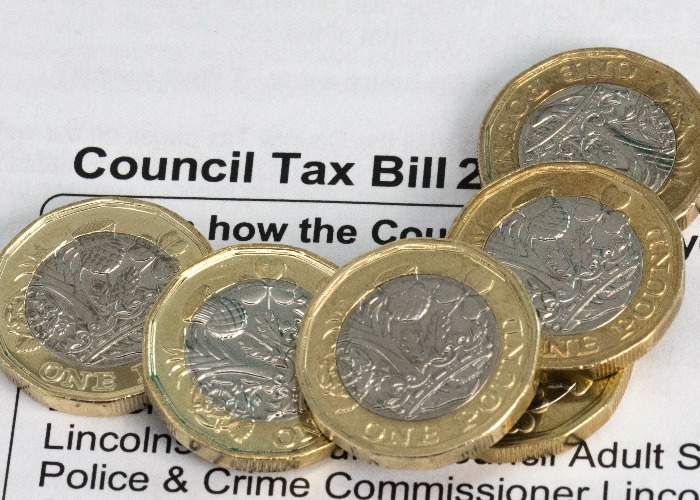Council Tax hikes explained: why your bill is about to rise

Rises up of over £100 are expected, as new Government spending measures also allow extra funding for police.
Your Council Tax bill could rise by up to 4.99% in April – over £100 a year on a Band D home – under new Government plans.
Yesterday, in the Provisional Local Government Finance Settlement, Communities Secretary James Brokenshire announced an extra £1.3 billion of funding for councils, allowing a “real-terms increase in spending”.
However, the councils themselves say that’s not enough, whilst the Labour Party has accused the Government of shifting the funding burden onto taxpayers:
📺WATCH: The local govt funding settlement landed - Secretary of State gave our Councils absolutely no Christmas cheer. They’ve again cut funds to Councils for next year BUT given them the “freedom” to push an inflation-busting Council Tax increase to plug some of the gap🎄🎅🏻🎁 pic.twitter.com/3MlsCpGeFa
— Andrew Gwynne MP (@GwynneMP) December 13, 2018
So how could your tax bill be affected?
The right to raise taxes
Councils will continue to be allowed to raise Council Tax by up to 2.99% without triggering a referendum.
That means the rate on the average Band D home could increase from £1,671 to £1,721 – a rise of £49.97 (for other Council Tax bands see below).
Councils do not have to increase rates by the maximum amount.
However, councils looking for more cash have another way to raise money, through the Social Care Precept.
This allows them to raise Council Tax by up to an additional 2% to fund adult social care – meaning a possible rise of 4.99% in total.
|
Band |
Average Council Tax now |
With 4.99% rise and police levy |
|
A |
£1,114.0 |
£1,193.6 |
|
B |
£1,299.7 |
£1,388.5 |
|
C |
£1,485.3 |
£1,583.5 |
|
D |
£1,671.0 |
£1,778.4 |
|
E |
£2,042.3 |
£2,168.2 |
|
F |
£2,413.7 |
£2,558.1 |
|
G |
£2,785.0 |
£2,948.0 |
|
H |
£3,342.0 |
£3,532.8 |
Police taxes
If a £83.38 tax rise wasn’t enough, police will also be allowed to increase their portion of the Council Tax bill by up to £24.
The move is in response to rising crime figures rising and falling police numbers.
Back in August, John Apter, the chairman of the Police Federation, which represents rank-and-file officers, has warned that “policing in some places is broken” but also condemned yesterday’s funding announcements as a “sticking plaster solution”.
Added to the core Council Tax rise and Social Care Precept, the police levy could send the average Band D tax rise by £107.38 over the year.
Council Tax bills to rise again: how to pay less
Will my council actually raise taxes?
It’s up to individual councils and police forces whether they want to raise taxes by the maximum allowed.
The Local Government Association, which represents local councils, has warned they still face a funding gap of £3.2 billion and warned that “many councils will be forced to take tough decisions about which services have to be scaled back, or stopped altogether, to plug funding gaps.”
Furthermore, the Government’s own historical figures suggest that councils have sharply raised rates in recent years:
2015 was the year that the Social Care Precept was introduced, hence the sharp rise after this point.
If you’re concerned about your Council Tax bill, we’ve put together a guide on how you can appeal and potentially get it reduced. We'd stress that this won't work for everyone, only in certain situations.
Comments
Be the first to comment
Do you want to comment on this article? You need to be signed in for this feature